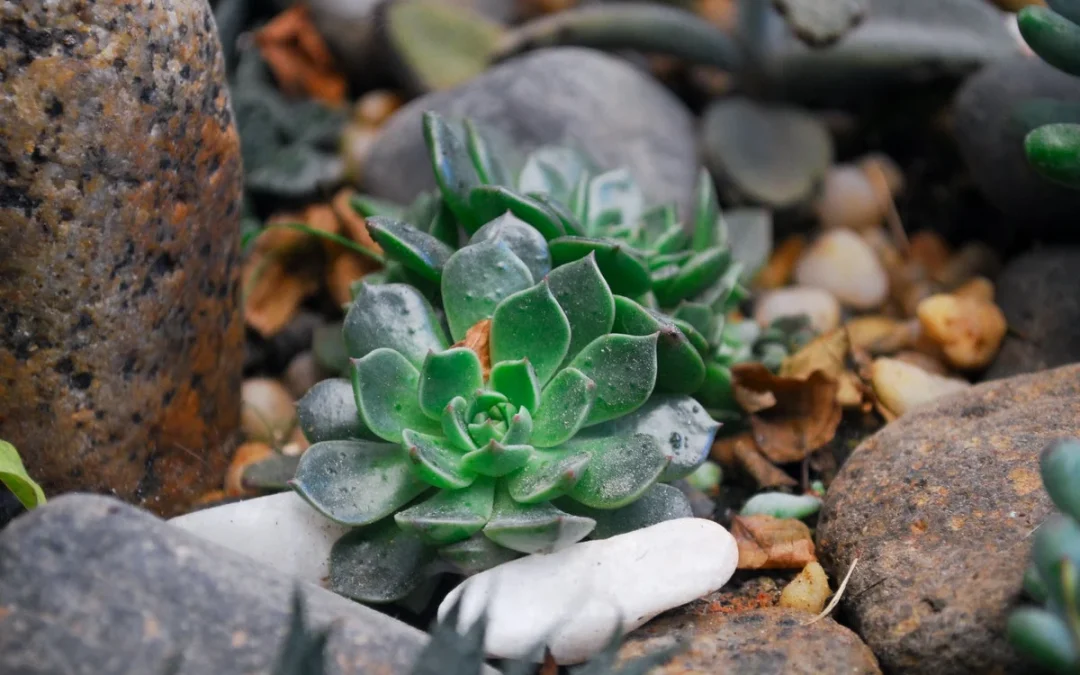When a child is abducted by a parent, the left-behind parent faces unimaginable emotional challenges. This guide explores how creating healing spaces can help maintain mental wellness during the fight for reunification.
The Hidden Toll of Parental Abduction
Few life experiences test a parent’s heart and spirit like the separation from their child. In cases of parental child abduction, this involuntary separation creates overwhelming stress that can have both immediate and long-lasting consequences. Parents and family members navigating this challenging journey need a strong set of coping strategies, especially when emotions begin to feel unmanageable.
Understanding the Need for Healing Spaces
While trauma often triggers withdrawal, this self-isolation can lead to loneliness and heightened anxiety. A “happy place” offers a healing alternative: a space where positive emotions like joy, hope, and peace can thrive. This intentionally crafted sanctuary reduces stress-related thoughts and provides comfort without disconnecting from the world around.
According to the World Health Organization (WHO), true health is “a state of complete physical, mental and social well-being and not merely the absence of disease or infirmity.” By spending time in a happy place, parents can maintain this holistic sense of health, an essential component in the fight to reunite.
A Father’s Garden of Hope
One parent’s story highlights how personal spaces can become powerful tools for healing. After the abduction of his children, Emma and Nathan, Matthew transformed his backyard into a meditative sanctuary. The garden’s winding pathway, lined with carefully chosen stones, tells his ongoing story of hope and strength.
“Each element in this garden holds meaning,” Matthew explains. “From the placement of every rock to the selection of resilient cacti —everything marks a milestone in my journey.” The garden’s thoughtful design reveals purpose and honors Matthew’s most difficult days, when moving forward required incredible courage. Hope is also woven into this space of natural beauty, as flowering plants greet each turn, offering fresh perspectives much like the unexpected ways healing can emerge over time.
Finding Peace in Familiar Places
For others, favorite cafés may serve as havens of self-care and normalcy. Kelly, a mother advocating for the return of her two boys, finds comfort in the familiar rhythm and predictability of her local coffee shop. “All the baristas know my name,” she says. “In a situation where so much feels out of my control, knowing I can count on my favorite cup of coffee helps keep me grounded.”
Creating Space for Both Grief and Beauty
These spaces aren’t meant to mask the pain—rather, they provide supportive ways to process grief while maintaining a connection to life’s continuing beauty. The fight to reunite is a most difficult season, and sometimes the simplest comforts become a grounding force. Tending to a garden, savoring a cup of tea, or enjoying the familiar warmth of a local bakery can offer a small but powerful sense of peace. These moments of connection with the world help restore balance to a situation that feels so unsteady.
Nurturing Hope Through Self-Reflection
To nurture this balance, reflect on these questions regularly, using your answers to find your own happy place, rekindle hope, and improve overall well-being:
- Why do I get up in the morning?
- In what unique ways do I contribute to the world?
- What am I most passionate about?
One steady moment at a time, resilience and renewed purpose will take root. While the path to reunion may be long, creating and maintaining these healing spaces provides essential support for the journey ahead.
“From Broken Steps: A Guide to Healing After Parental Abduction” offers practical journaling prompts and exercises designed specifically for left-behind parents. For additional support, connect with Shine the Light for Abducted Children, Inc.

